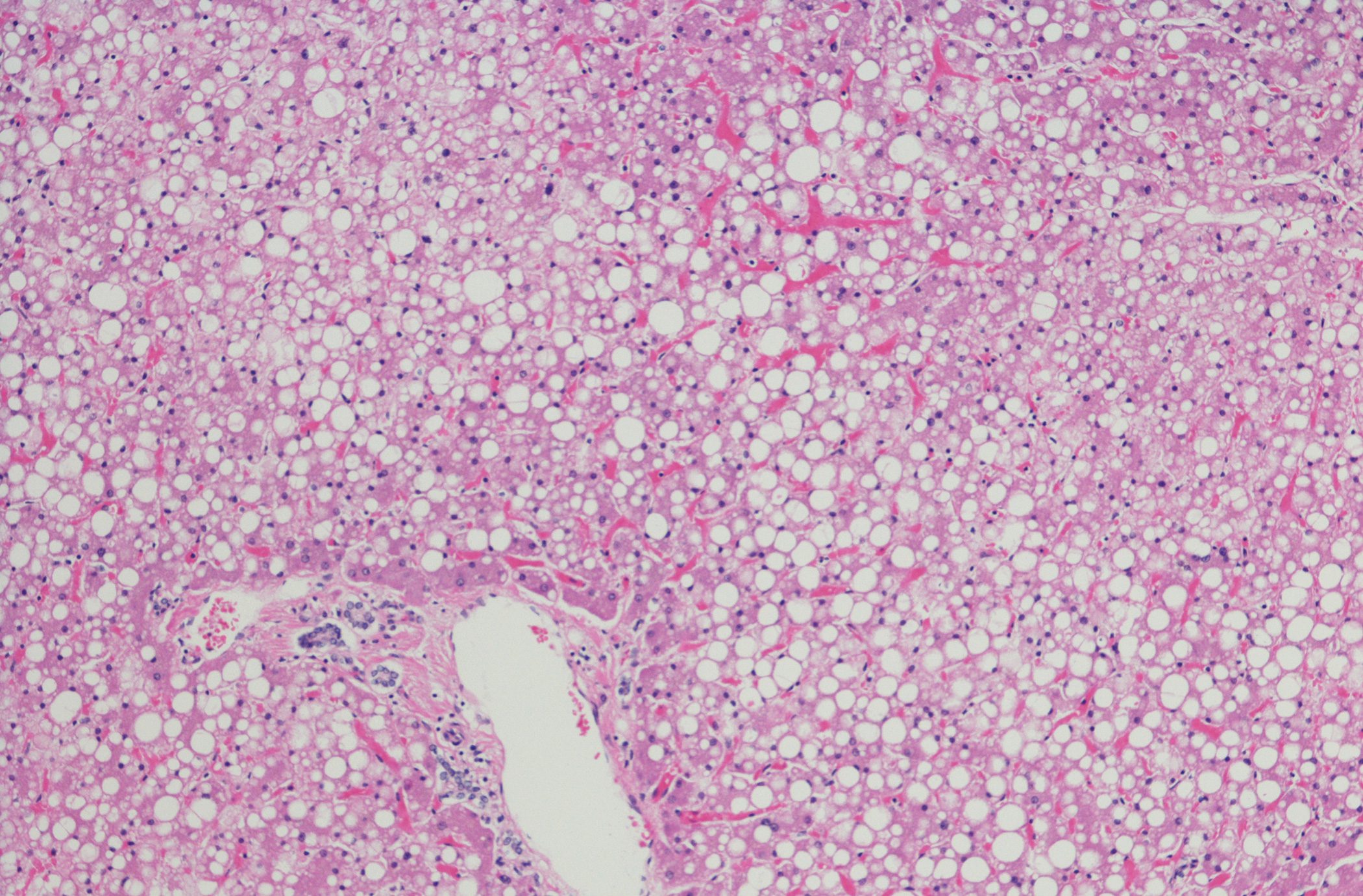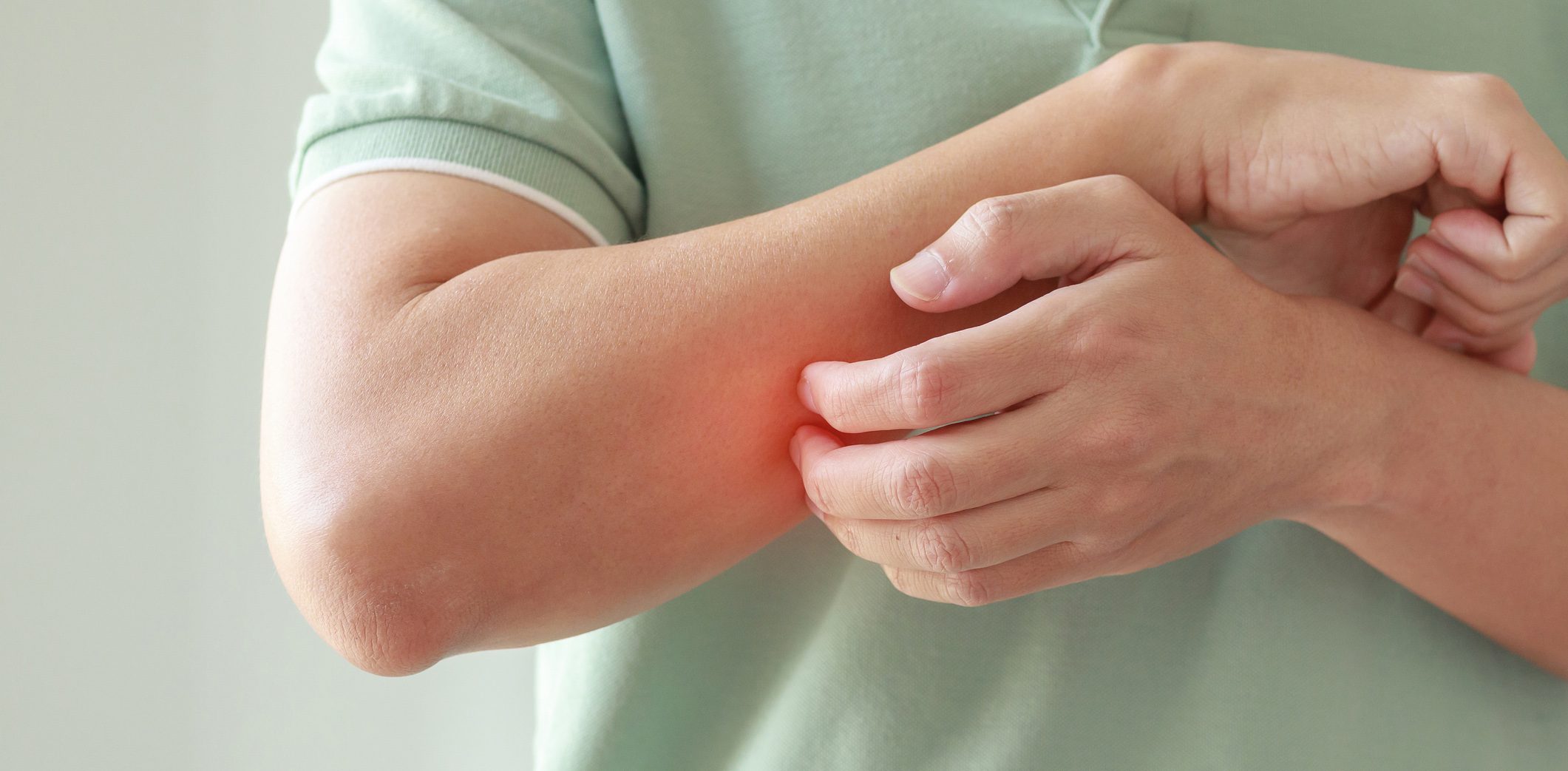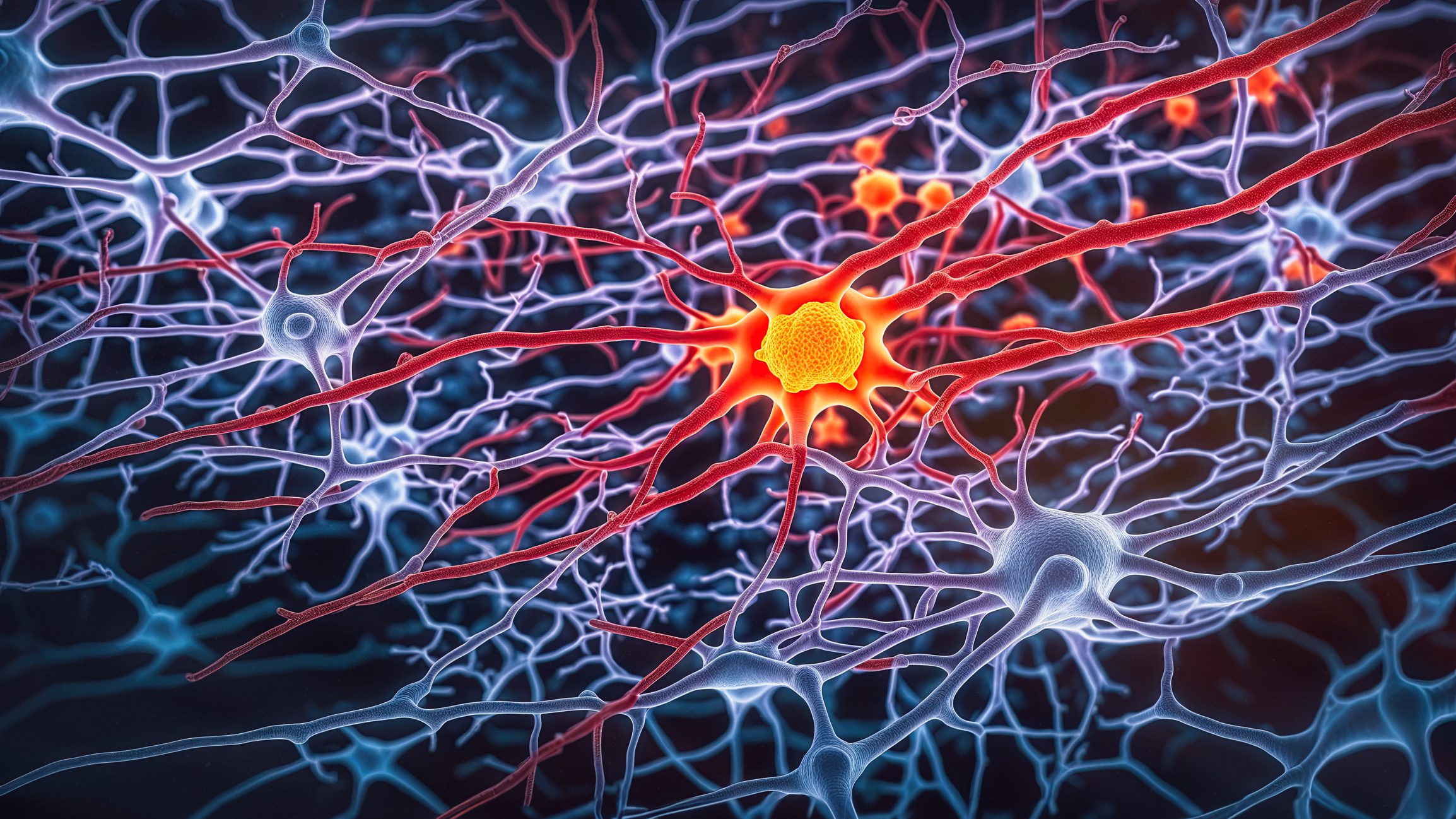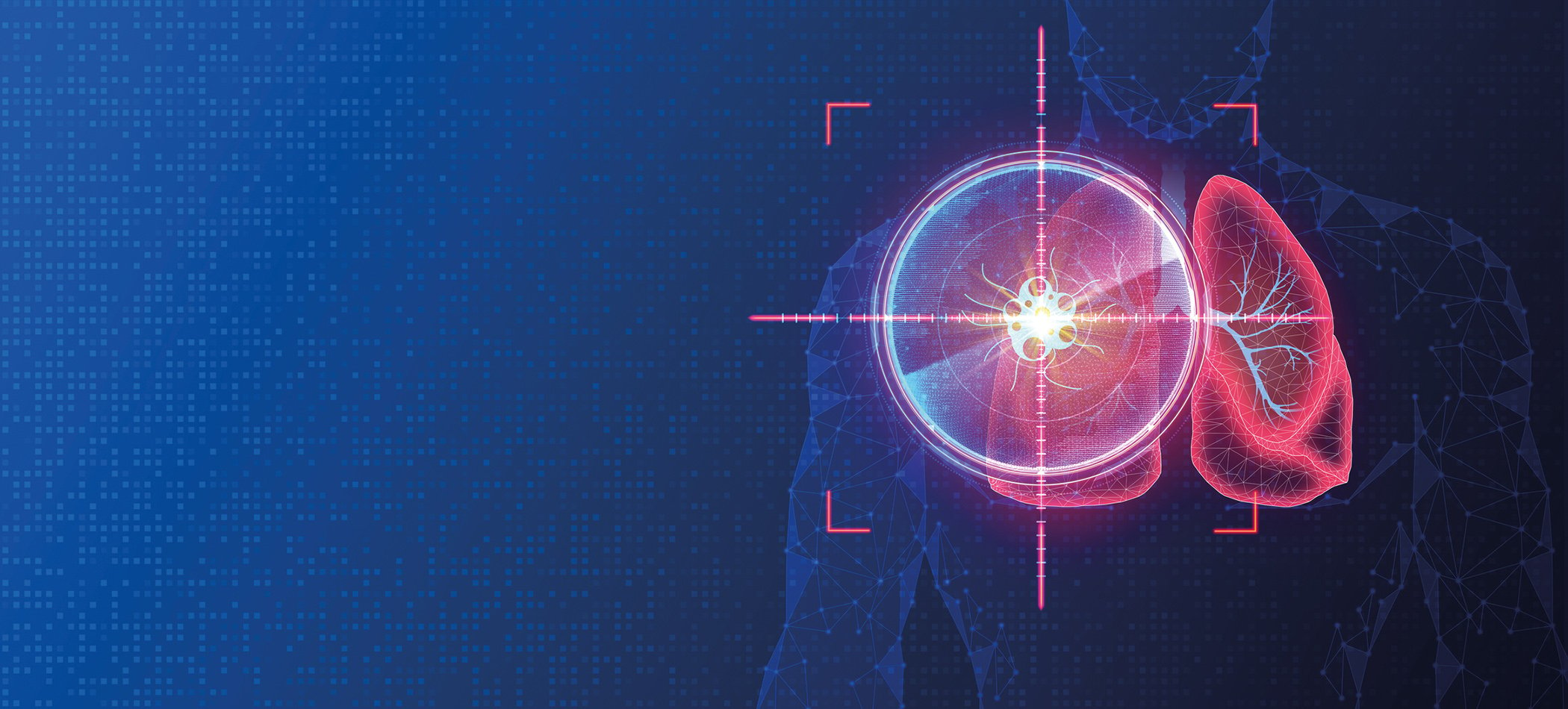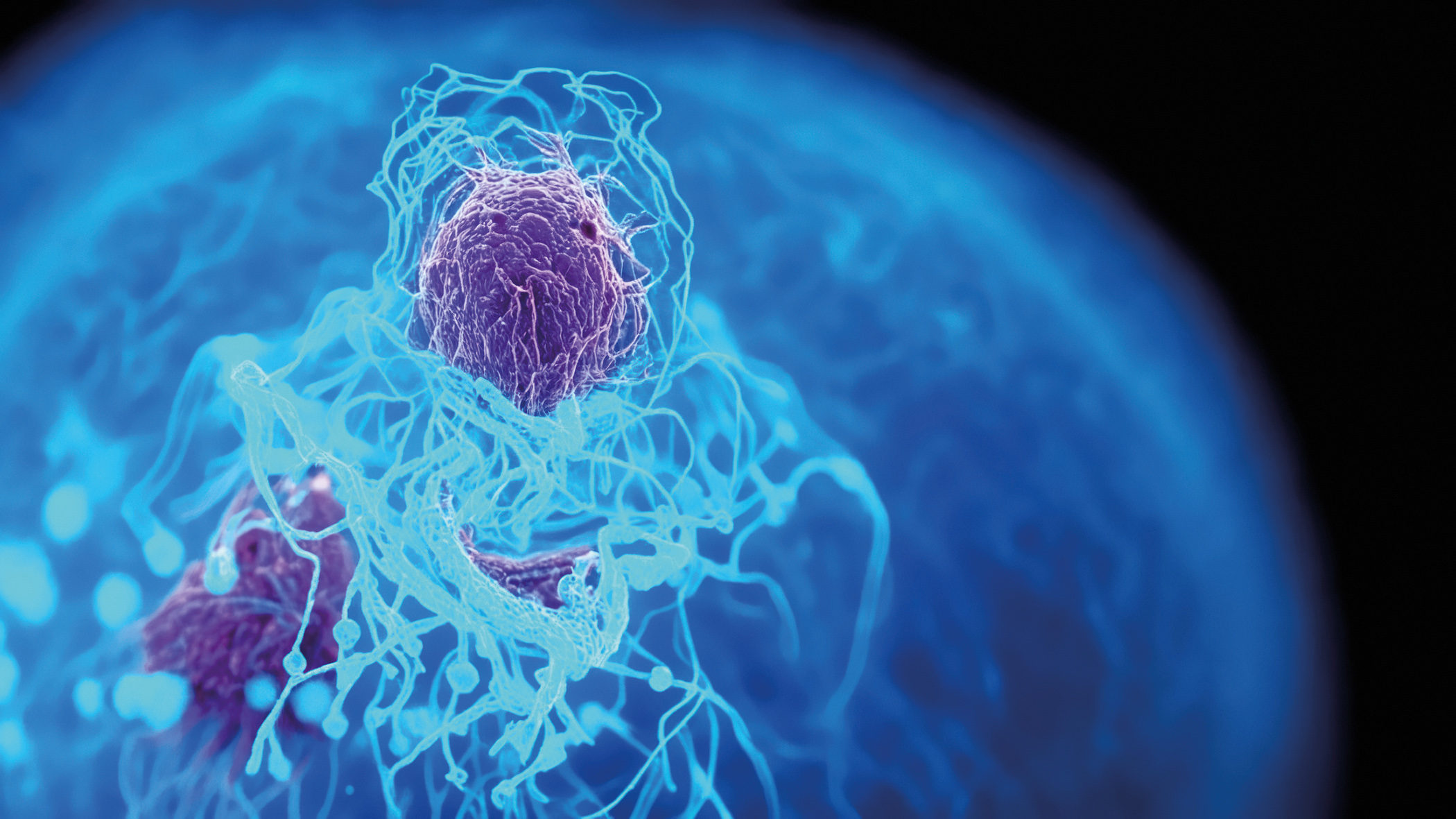In a new international SAKK study called ACTIVE, researchers led by Prof. Viviane Hess, MD, Basel, Switzerland, are investigating the effect of exercise on chemotherapy. It is hoped to answer the question of whether patients with colorectal cancer benefit from exercise in addition to cancer treatment. Among other things, the aim is to further focus on the quality of life of those affected. Large studies consistently showed that people who exercise a lot are less likely to relapse. However, the question of the effect of exercise during chemotherapy has not yet been studied.
On May 20, 2015, not only the 50th anniversary of SAKK (Swiss Association for Clinical Cancer Research) was celebrated in Bern, but also a new study was presented.
The SAKK – a success story
Prof. Beat Thürlimann, MD, Chief Physician of the Breast Center at the Cantonal Hospital of St. Gallen, provided an overview of the changing therapeutic landscape for breast cancer, making clear what can change in a period of 50 years. “For a long time, breast cancer had only one therapeutic option, complete removal of the breast.” Now, thanks to targeted therapies, complementary treatments are also more individualized. Biomarkers in particular now play a decisive role in the choice of therapy. In this way, the success of the therapy can be better assessed in advance and anti-hormone, chemo- or immunotherapy can be used accordingly.
The prognosis of many patients is much better today, 50 years after SAKK was founded. However, the speaker also pointed out that “in Switzerland, one in three people will develop cancer in their lifetime, which makes it clear that there is still an enormous need for action.” Since SAKK was founded, around 25,000 patients have been treated in studies conducted by and with the consortium.
SAKK is the national cancer research network in Switzerland, with members from all university hospitals and many cantonal and regional hospitals. The consortium organizes and coordinates the majority of clinical trials in Switzerland that do not have a commercial background and thus continuously contributes to the improvement of cancer therapies in Switzerland.
One of these non-commercial studies is ACTIVE. The new study was presented at the event by Prof. Viviane Hess, MD, Basel.
Sport and chemotherapy – a promising combination?
It is known that apart from the effect of drugs, so-called patient factors also play a role in how well or poorly a therapy responds. These factors include sports and physical activity.
The ACTIVE study is investigating in patients with newly diagnosed, advanced inoperable colorectal cancer whether and how a twelve-week structured exercise program has an effect. “Does the combination of chemotherapy and exercise result in a longer time without tumor progression and/or improved quality of life with fewer symptoms, as when the same chemotherapy is given without exercise?” is how lead investigator Prof. Hess phrased the research question. To answer this question, 500 patients are included in the study not only in Switzerland, but also in numerous hospitals in Germany and Austria.
Training during twelve weeks
Study participants will be randomized into two groups. Subjects in the control group will be treated with standard chemotherapy, while the other half of the patients will additionally train with the ACTIVE program. At a later stage, patients in the control group can also participate in the sports program. Over a period of twelve weeks, patients train twice a week on a bicycle ergometer under the guidance of a physiotherapist. In addition, the “active” study participants will be equipped with a pedometer and encouraged to increase their daily physical activity. Your activities and daily step counts are recorded in a personal exercise diary.
Patients can help improve treatment outcomes
What is special about this study is that patients actively participate in their treatment and have a say in what is particularly important to them about the disease and treatment: Their self-reported symptoms are examined as the primary endpoint of the study. “It’s hugely important that there are evidence-based answers to patients’ questions about what they can do themselves to improve treatment outcomes” said the study leader on the importance of the research.
The population studied, patients with inoperable colorectal cancer, will not only provide information on the effect of physical activity on one of the most common cancers in the Western world, but will also provide data on both sexes. Exercise studies conducted to date have often only examined women with breast cancer. Another new aspect is salutogenesis, since the subjects are in a palliative situation and self-assessed mental and physical well-being plays a major role.
Another endpoint of ACTIVE is progression-free survival. This classic endpoint is intended to give the results relevance in the scientific community on the one hand, and to simplify comparability to other therapies on the other.
Source: Press conference “50 years of SAKK – Presentation of the ACTIVE study”, May 20, 2015, Berne.
InFo ONCOLOGY & HEMATOLOGY 2015; 3(7): 6.





